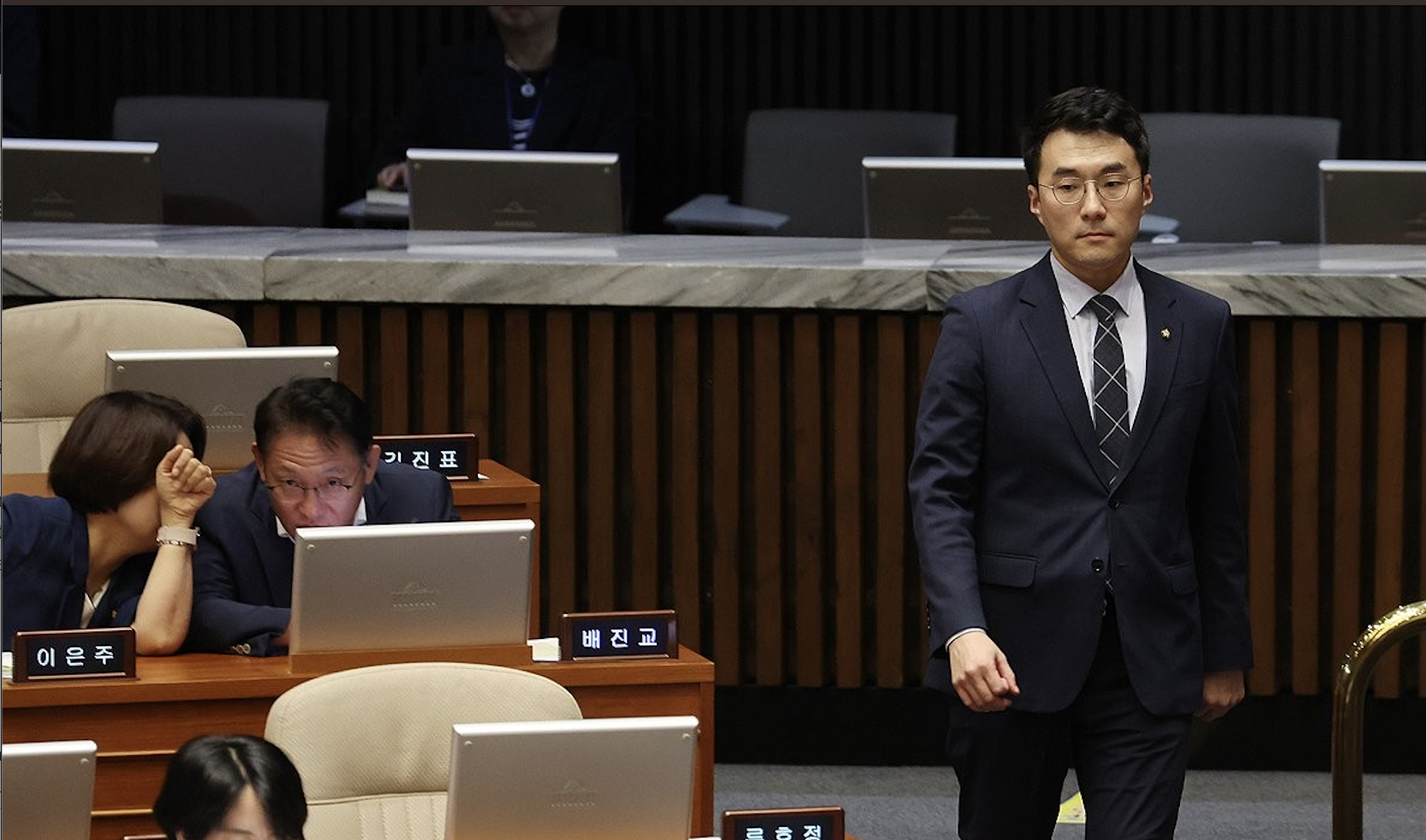The ethics subcommittee of the South Korean parliament has voted against the motion to expel former member of the main opposition Democratic Party, Kim Nam-kuk. Rapid developments in South Korea’s regulatory framework, which increases the obligation to report crypto assets in the country following Kim Nam-kuk’s crypto investment, are taking place, and calls to report tax offenders from exchanges are being made.
Crypto Investment Comes at a Cost
According to a local news agency Yonhap on August 30, the ethics subcommittee of the South Korean parliament rejected the motion to expel Kim Nam-kuk, a former member of the main opposition Democratic Party (DP). The subcommittee rejected the motion on August 29 after a tie vote of 3-3 between the ruling People Power Party (PPP) and the DP. According to the report, a majority vote was required for the motion to be approved.
As previously reported, Kim drew criticism when it was discovered that he held at least $4.5 million in Wemix tokens, a project developed by South Korean blockchain game developer Wemade. Local exchanges were allowed to trade Wemix tokens before a local court ordered their delisting by the end of 2022.

New Bill Passed
Kim’s investment in WEMIX raised concerns about potential conflicts of interest, insider trading, and even money laundering. The case contributed to the rapid development of a legal initiative in South Korea that requires officials to report their ownership of cryptocurrencies such as Bitcoin. South Korean officials are not alone in being asked to report their crypto assets.
In July, the Financial Services Commission of South Korea announced a new bill that will require all firms issuing or holding cryptocurrencies to disclose their assets from 2024 onwards. In mid-August, the city of Cheongju in South Korea also announced that it will start confiscating crypto assets of local tax offenders and will ask exchanges like Upbit and Bithumb to report such offenders.

 Türkçe
Türkçe Español
Español








